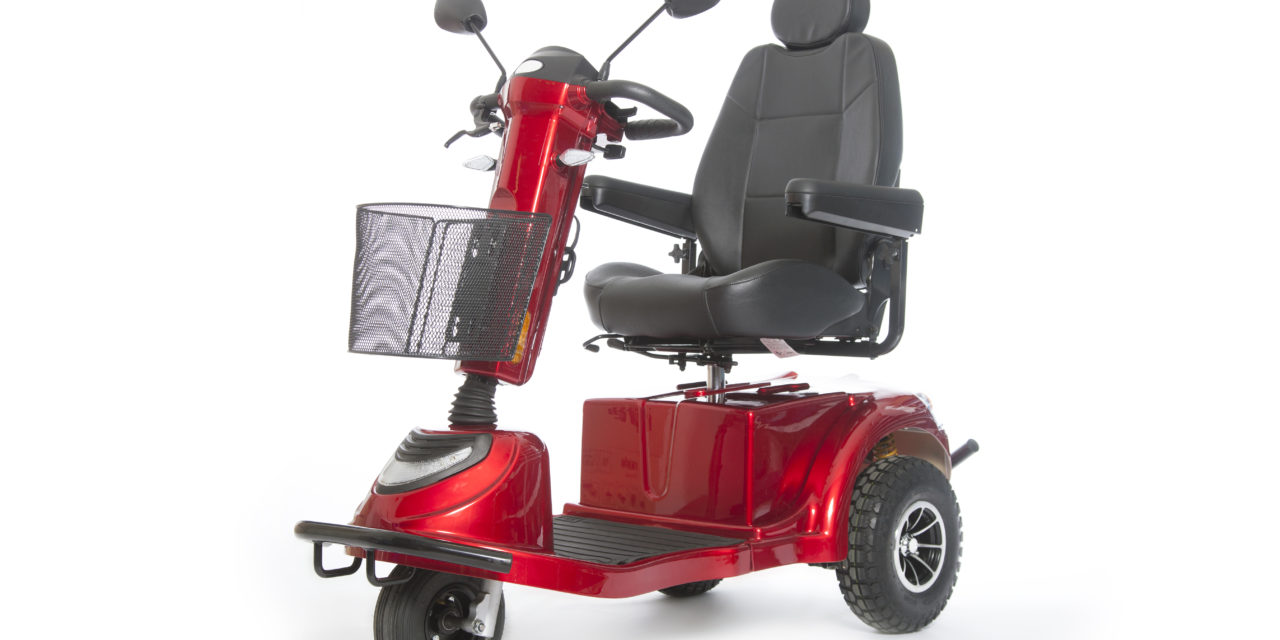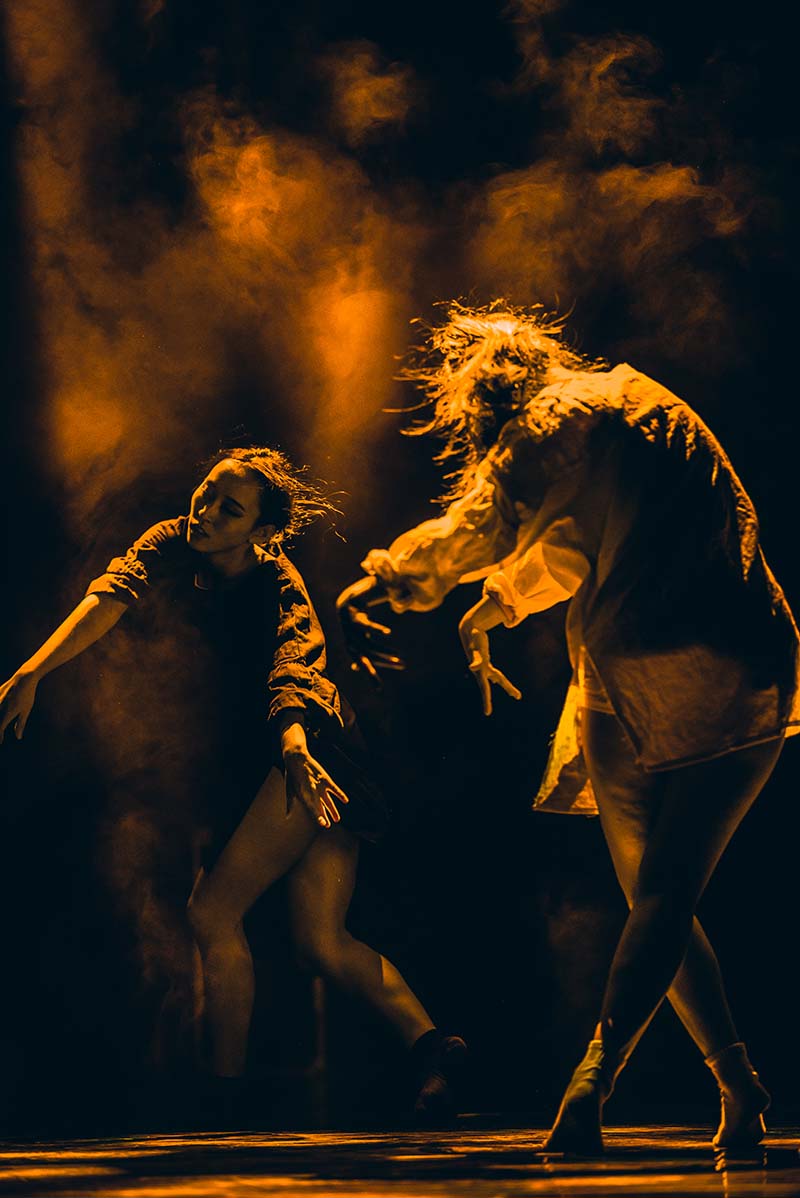The incision had been hurting all day. She imagined the bloody slice to the top of her foot, the scalpel precise, the foot orange for some reason she knows is a surgical necessity but has only ever seen on reality TV. Is it her imagination causing the pain today? Her yellowed imagination as she listens to a piano concerto by Saint-Saens, she imagines her own fingers at the keyboard, her left foot depressing the pedal as she depresses herself thinking on the current inadequacies of her proper pedaling foot. The orchestra behind the flourished turns of the keyboard brings her to tears. The sudden draw of the horns over top draws her mind to the slicing open of her swollen foot, the screw lodged in her bones in hopes the ligament will reattach itself on its own. It will. They say it will. It just takes time. Three months. Four months. Five months. Six. It will take time, they say.
She has been on her back with an elevated right foot for six weeks now. It feels like at least twelve. Only six weeks in. The fall in her garden had been catastrophic for the lost carrots and green beans she had been nursing. They got the better of her at last. Or more precisely, it was a brick protruding from the earth that got its revenge on her after months of being ignored, stepped over without a single solitary thought given to its role in the matter of her days. An ordinary Saturday watering of the garden. A trip. A fall. And now, a back to the sofa and a leg propped forever atop a pile of lazy pillows. She has books and paper and Saint-Saens to keep her company. Many times a day her mind drifts to Flannery O’Connor.
The calendar takes its toll on her fused toe bones. Three days out of each week her body must find its way in and out of a shower chair, through a pile of clothes arranged neatly in a basket on the floor, in between arranged face and hair, and out her apartment door to teach one class at the university. Thankful for her reduced course load this semester, she nonetheless must exercise the strength of her wits to arrive in the classroom by 1:00 pm three days a week, all to show fairly illiterate college students how to write clean sentences out of the garbled, imprecise, vague half-thoughts barely yet formed in their minds. The gnarl of faces in the crowded classroom chuckles at her knee-powered roller scooter that squeals and creaks with each sharp turn. It’s only fifty minutes, she tells herself. Fifty minutes and the mockery will transpose itself to the moments she is not literally in front of their smirks and silent jibes.
Mondays are the real trick. She had found friends and family to drive her to the university and back most days, some at great inconvenience to themselves, a fact which she had put to the side of her mind lest the ubiquitous feelings of guilt begin to decay even her will to leave the house three times a week. The only trip for which she had been unable to secure friendly transport is Mondays at noon, when she needs a ride to campus. So, a taxi does the job quite well. A taxicab one day a week on Mondays had not been a difficult arrangement. Of course, there is always a slight sense of trepidation at riding in a car with a stranger when she could neither run nor defend herself if something unseemly were to occur. However, she had talked herself out of the fear each time with lofty sentiments such as, It would be an awful world if one could not rely on the kindness of strangers, or, For all my talk of community building and mutual trust, how could I be afraid to ride in a taxi with someone who is simply doing their job, providing an important service, a job I am profoundly appreciative someone is willing to do? Of course, she had tried to get on the disability bus with the senior citizens and wheelchair bound needing rides to their jobs, but alas her injury is just temporary enough not to qualify her for such services.
She sits admiring the grand shade tree standing outside her front porch while she waits for the taxi to arrive. The twisted sounds of mean children could be heard in the distance, the result of some poor sap of a home school mom needing a little break.
The taxi arrives, a new driver this time rather than the same three or four she’d had all semester. He smiles and waves, seeming not to realize at first that this one-footed woman is indeed his lunchtime passenger. She waves in return, always quick with a nicety, to ingratiate herself, to obey the norms of civility which she disdains in others except when they’re broken in her direction. Life must not be, after all, a series of false gestures and unthought forms of social etiquette. Here is hers, though, as her awkward body fuses itself to the back seat of the car, as her knee scooter is placed with some difficulty in the trunk, a little twisting of the handles, a little shove, and the trunk closes with a jolt behind her.
The driver, who seems to be in his mid-30s, handsome enough if she were into that sort of thing, smiles at her with a wink of the eye as he walks past her window to sit in the driver’s seat just in front of her. The wink. A bit strange. But he seems nice enough.
She hadn’t noticed before that the neighbors had left a full-size bicycle next to the dumpster just near the parking area. It doesn’t even look broken. What a waste. She remembers the last time she rode a bicycle. It was along her favorite tree-lined path, the taut bike pedals revealing the somewhat exhausting uphill grade toward the end of the path that she hadn’t noticed the hundred or so times she had travelled the path on foot. She thinks to herself that when she’s out of this mess, as soon as her foot heals and she can once again join the land of the walking, she will try to be more adventurous. Less afraid of traveling far and wide. Less afraid of engaging with strangers on trains and buses and in restaurants and bars. Perhaps she’ll take up hiking for real this time, walk not just paved and manicured paths, but chart the wildness of the Adirondacks or follow the Appalachian Trail. She has given herself this same speech many, many times.
Small talk begins as her foot throbs. Eventually, he gets around to it.
“What happened to your foot?”
Sigh. “A gardening accident. A singularly absurd moment in the garden. I tripped on a brick, pulled a ligament right clear of the bone.” She hates this question. How could she possibly explain the banality of the accident compared to the severity of the injury?
“Are you a teacher at the college?”
“Yes, in the English Department.”
“How long have you been teaching?”
“Oh, all my life by now.”
He chuckles.
She is becoming unbearably bored. Why does such an immense amount of all human communication end up in a driveling heap of trash, words languishing there completely bereft of all meaning or import? The imagined piles upon piles of letters into mounds of discarded words amuses her. Small talk would be at the very bottom of every heap, smoldering worthless words decomposing into grunts and awkward silences.
The driver takes an unexpected turn into a neighborhood she’s only driven past but not through. It’s the kind of neighborhood she likes, with meandering streets, lots of untrimmed trees, no streetlamps to light the darkness when it comes. He must know another way to the university, perhaps even a better way than she usually takes. She’ll take note of it, use it perhaps when she is again able to drive.
“Do you have any kids?”
“No, no kids. Never really gave a thought to having kids.” She adds this detail, though slightly untrue, to avoid the inevitable expressions of pity or confusion over a 42-year-old woman failing to perform the dutiful feat of bearing children. She hates this question, too.
“That scooter, is it fun to ride?”
Groan. Her students had asked her that same question on the first day of class. She had equally poeticized her response.
“You’d think so, but actually, no. It serves to remind one of all the world’s treacheries. A small pebble could prove apocalyptic. Even paved landscapes are laden with unexpected divots and slopes. It’s a true nightmare on the edge of extinction.” She prides herself on finding successively dramatic ways to describe the monstrous nature of the physical world.
The drive through the neighborhood brought them to the other side of the main thoroughfare that runs through town. How did we even get here, she wonders, and are we any closer to the university? She’s heard of taxi drivers taking circuitous routes to run up the meter, which in principle does not bother her, but she can’t be late to teach her class. The car makes its way past another set of suburban streets, just as middle-class but with slightly smaller houses than the ones they just passed. She sees his eyes facing forward in the rear view mirror.
“My kids would love riding that scooter.” He makes the statement with a slight glance back in her direction.
She responds with a polite “Yes, I’m sure they would.”
“I just live around the corner, and the kids are home today. You won’t mind if we stop and I let them try it out, do you?”
Wait. I can’t be late. Is he serious?
“Are you serious?”
No response.
“I can’t be late. Please just take me to the university now.”
“Don’t worry, you’ll get there in plenty of time. It’ll just take a few minutes.”
He takes another turn. She wonders what is happening as the air grows thicker, darker, the bright sky deserts her as she sits in the back of this car.
They pull up to an ordinary tract home, likely built in the 1950s. It’s a bad habit of hers, to guess the decade of houses based on outlines of the architecture. It’s the driver’s house, a beige split-level with decayed blue shutters and well-trimmed rose bushes along the front walkway. She sits in the back of the car, hardly able to protest.
“Please, sir, take me to the university. I have to get to my class. And really, you can’t just stop at your house.”
She clutches her backpack, unzips the front pocket to find her phone. She’ll call 911. That’s what she’ll do. The police will have to come, and quickly. She decides to call as soon as he’s out of the car.
His voice seems actually reassuring for a moment as he explains calmly that he’ll only be a few minutes, that she can stay in the car of course, that this is really no problem, that he really appreciates her willingness to take a little detour.
“I’ll just be a few minutes. I really will.”
As he steps out of the car, she dials 911 with a cold, sweaty hand, explains to the operator that she is injured and can’t walk, and the taxi driver she hired to take her to work has stopped at his house. He’s inside now. No, she can’t see him. Yes, she feels she’s in danger. No, she doesn’t know the street name. She does know the house number, though. It’s 1418. Can they find me? Can you find me? Can you find me and help me?
Her voice fills the empty car. She loses track of the operator’s questions as she sees the man emerge from the house with two young girls, 6 and 8 maybe though she’s a terrible judge, who smile as they chat with the man down the walkway. So casual. He is their father. She hears the word Daddy several times, each time louder as they get closer. Blonde curls and tiny white teeth approach the car. The 911 woman tells her they have isolated her location and the police are on their way.
That’s all she can do. Just wait now. It’s safe, though, with the kids around. The kids are reassuring with their small feet and pink shirts. Who could hurt someone when they’re holding their kids’ hands?
The man opens the trunk of the car and removes the scooter, places it on the sidewalk next to the car. The two girls, giddy and laughing, standing so close she can only see the tops of their heads, shrill disembodied voices close to her as she sits in silence.
She hears the man’s voice telling the girls to be careful.
“We mustn’t break it since it isn’t ours. It belongs to the lady in the car. Here, Tessa, you first. Careful now. No, it’s too tall for you. Let’s make it a little shorter.”
He adjusts the height. She thinks to herself, “He’s actually adjusting the height.”
The young girl, knee awkward and unsteady, rolls along the sidewalk. He trots there next to her as if teaching her to ride a bike. After a few minutes, she feels the balance, learns to propel forward with her grounded foot, takes a few turns into the grass. She rides alone. Careful, but alone. She laughs as she takes the barrette from her hair and puts it into the basket, tells her father she wishes she could put her toys in there. He, proud father, stands behind, let’s her go far down the sidewalk. The girl squeals, “Look, Daddy!”
Now the younger girl complains. “Daddy, I want a turn now. When will it be my turn?”
The 42-year-old college professor sits in the back seat of car. If the police were to arrive right now, they would question and perhaps apprehend the father, and then what? Those poor girls. They don’t know. The police will come, though, she’s sure of it. It’ll be a sad scene. She waits, looks at her phone again. She waits, sees the father now helping the younger girl ride. Her tiny legs can’t reach the ground so the father pushes her, holds her up, helps her steer.
The girls’ voices shout out through the silence. “We want one of these!” The father laughs. The father laughs with joy.
“Okay, girls, time to go back in the house. I need to get this lady to her job. She’s a teacher. Isn’t that marvelous?”
The teacher inside the car waits. The sun bleats into the car through the window, hot and bright. She smooths over the hair on her arm to draw attention away from the heat warming her skin. She repositions her foot, resting atop the seat now. Her foot aches, just as it does every time she fails to elevate it for any length of time. The screw holding her toe bones together wants to be freed, pushes tight against the inside of her skin, seems to protrude out from the delicate thin flesh that surrounds her grieving toes. Her atrophied calf muscle twinges with pain as she massages the cramp for relief. Her attention has turned to the body as the man accompanies his daughters inside the house. The police have not arrived. Her toes pierce the nerve as her foot swells inside the cast, the foot now crushed by its own solid protective covering.
The man adjusts the scooter to its original height and places it again into the trunk of the car. As he returns to the driver’s seat, she hears a voice say thank you and some other words she could not make out exactly. He tells her they’ll arrive at the university in plenty of time, he knows a shortcut through town. His eyes flash back at his passenger, who is silent, depleted, still.
The ride is quiet except for the sound faintly on the radio of adult contemporary drivel, his thumbs bounce to the beat on the steering wheel. She feels the swell of her foot, the heat of her skin, the tense cheek muscles and fists.
They arrive at the college and she directs him to the correct building. He removes her scooter, rolls it to her door. She pays the full fare, adds no tip, closes the car door and watches as he drives away, the car soon out of sight. It makes its way down the long street as she stares in the hot sun, students brushing past her on the sidewalk.
The car disappears. She turns herself toward the main doors of the building, looks at the time. She enters and makes her way into the elevator, forcing her thoughts to her lecture. The elevator door opens onto the third floor. She wheels her way down a long empty hall toward the classroom, notes the quiet of the building, the girl’s barrette still in the basket.




















